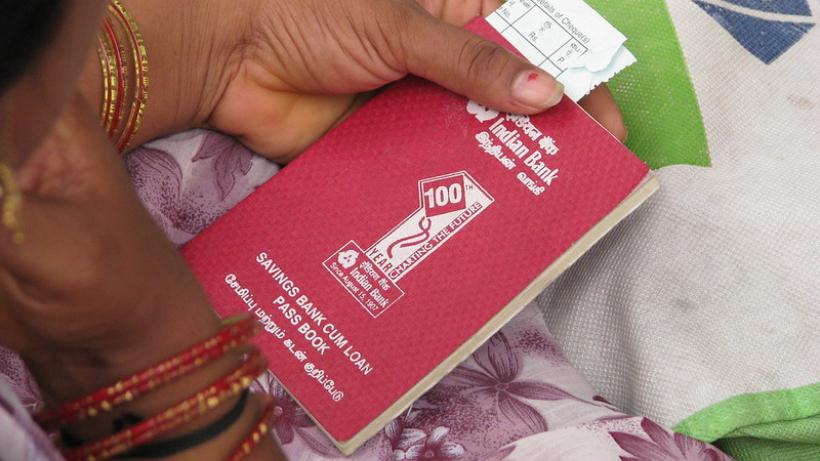Middleman Margins, Credit and Information Constraints: Potato Markets in West Bengal, India
Credit and information constraints are particularly acute for farmers in developing countries, and can have a strong impact on their productivity. This project studies pass-through of fluctuations of retail prices to farm-gate prices in the context potato cultivation in West Bengal, India. The primary focus is on credit and information constraints faced by potato farmers and how these influence contractual relationships with trading middlemen in a random sample of 72 villages in Hugli and West Medinipur, two prominent potato growing districts of the state. We shall conduct experimental interventions in these two dimensions: information available to farmers about potato prices outside the village where the middlemen sell, and credit available to farmers for cultivation, storage, and marketing. By using our interventions to relax the information and credit constraints for randomly selected farmers, we will examine the effects of these constraints on the pass-through of external (i.e., urban retail) price fluctuations to the price ultimately received by farmers. These interventions will also give us an opportunity to evaluate the effectiveness of public provision of credit and information in improving the trickle-down of benefits of agricultural trade liberalisation to poor farmers. The proposed credit treatment will involve the collaboration of Sree Sanchari, a Kolkata-based microfinance institution, who will offer loans to randomly selected farmers. The loans will be designed to make use of local information concerning credit-worthiness of borrowers in the village and of existing social and economic relationships within the village to enforce loan repayments. Loan terms will be adapted to the purpose of allowing farmers to use them for agricultural purposes, and use dynamic incentives to ensure strong incentives for borrowers to build credit histories on which subsequent loans are conditioned. While one credit treatment will involve joint liability loans based on self-farming groups, other treatments will involve individual liability loans using local agents as intermediaries who select borrowers and enforce repayments. This latter arrangement is similar to the “business facilitator” (BF) model, one of the Reserve Bank of India’s currently proposed methods to expand credit access for the most disadvantaged sections of the society. This project will also enable evaluation of this new approach to microfinance and its effectiveness in providing agricultural credit in a cost-effective manner. Phase I (Pilot) of the randomized intervention started in December 2009. The first set of loans was disbursed in December 2009, and the first round of repayments is due in April 2010. We also designed the survey questionnaire and it is currently being implemented in the 6 pilot villages. In addition, we have finalized the protocol (modus operandi) for the Phase II of our randomized intervention. Phase II will involve implementing the three treatments in 72 villages from October 2010 to September 2012; 38 in West Medinipur and 34 in Hugli districts of West Bengal. Each of the three credit schemes will be introduced in 24 villages.






